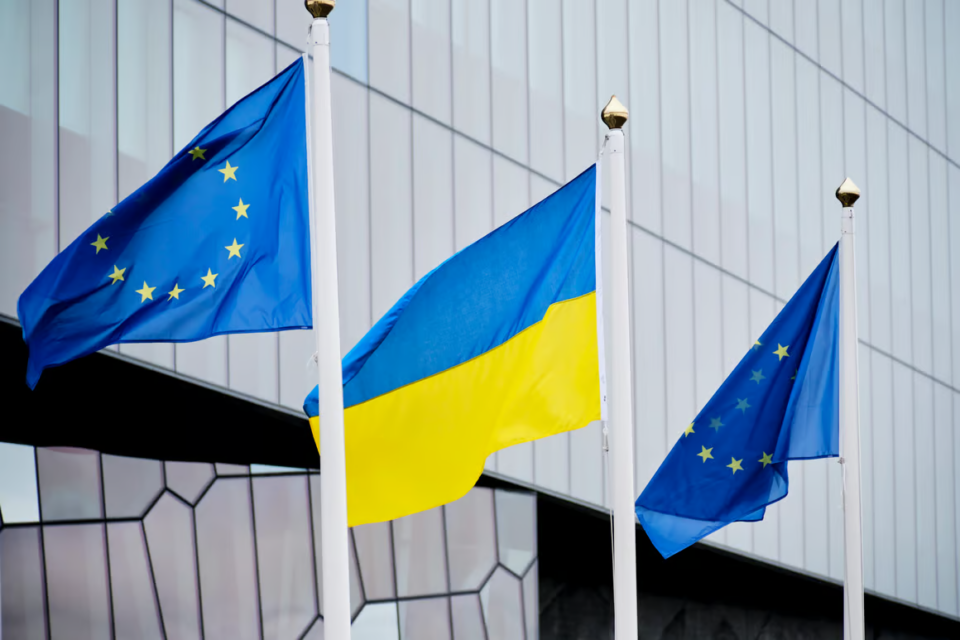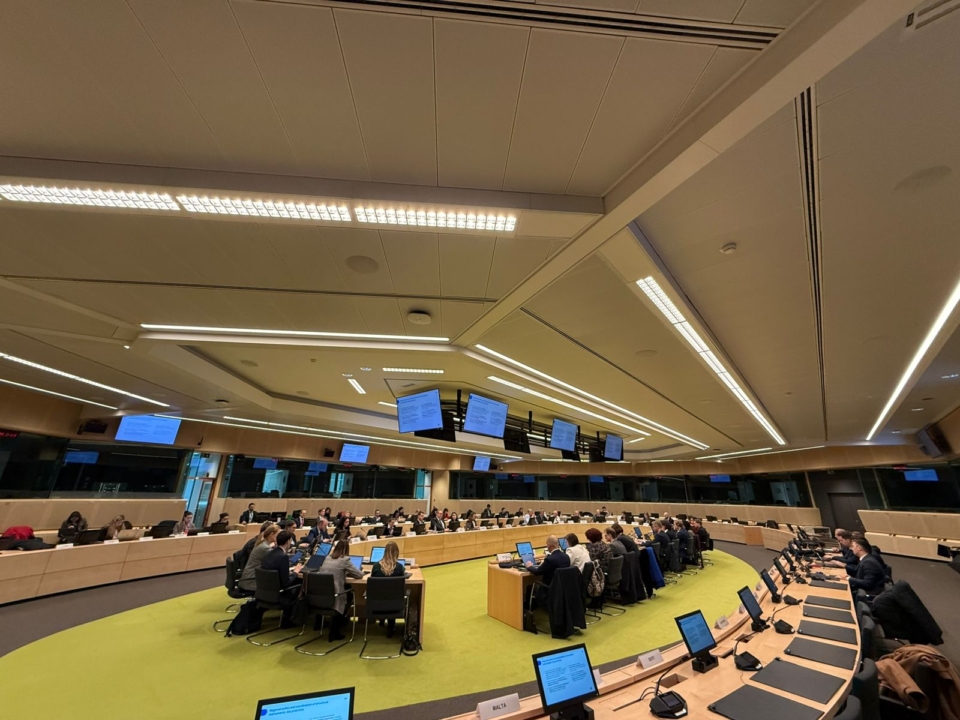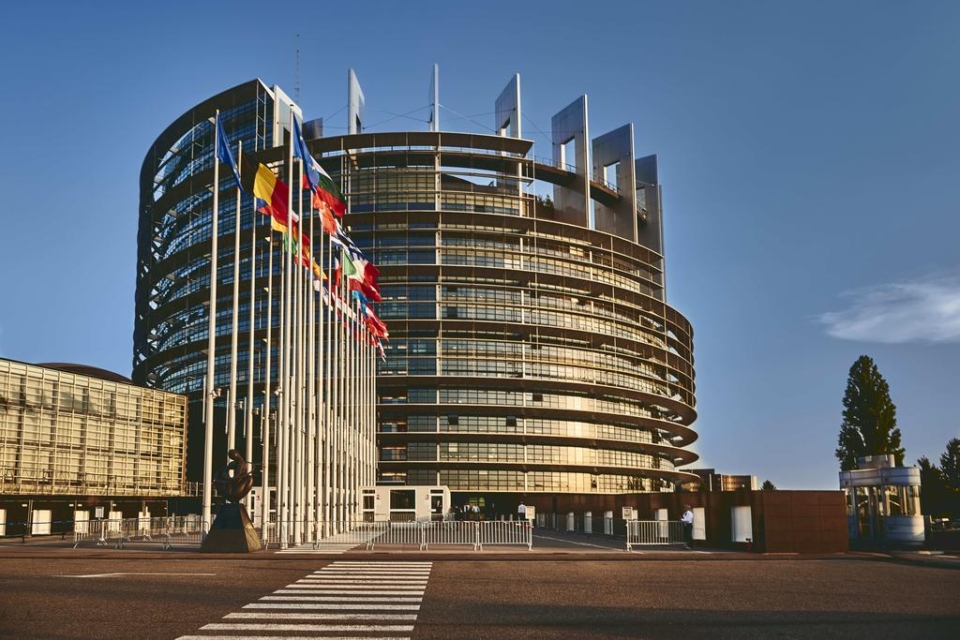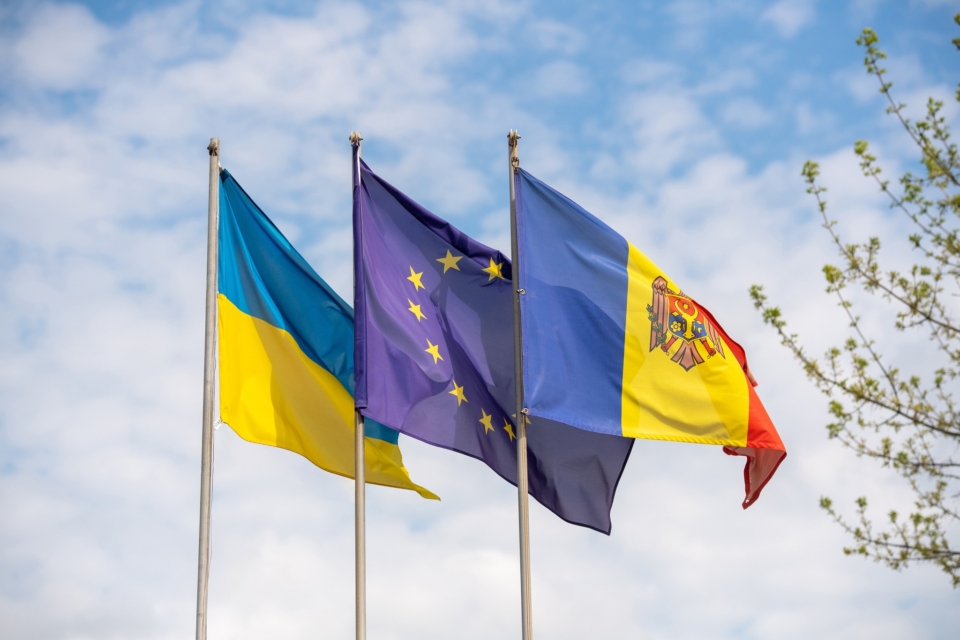Ukraine: 10th Human Rights Dialogue takes place in Kyiv
Органи асоціації
10.06.2025
On 5th June in Kyiv, the European Union and Ukraine held its tenth Human Rights Dialogue and reaffirmed their active efforts to prevent and address any human rights violations, including in the temporarily occupied and in the liberated territories of Ukraine. Both parties stressed that accountability and human rights are an integral part of just and lasting peace and agreed to continue global outreach and coordinate actions in international fora in this regard.
The parties discussed international human rights and international humanitarian law violations by the Russian Federation in the context of its full-scale invasion and war of aggression against Ukraine including arbitrary deprivation of life and detention, enforced disappearances, widespread and systematic torture and other ill-treatment against civilians and prisoners of war, summary executions, illegal deportation and forcible transfers of civilians (including children) to Russia and Belarus from the territories temporarily occupied by Russia, conflict-related sexual violence, and discrimination and persecution of Indigenous peoples.
The parties deplored Russia’s intensified attacks causing an increase of civilian casualties (including children) and paid special attention to the impact of Russia’s war on the rights to health, work, education, water and sanitation, and adequate housing, also recognizing the disproportionate impact on persons in vulnerable situations. The parties explored options for closer cooperation in the documentation and investigation on the impact of such massive destruction on the environment, health and human life.
Both sides expressed concerns regarding the deterioration of the situation and the restrictions on civic and political rights in the temporarily occupied territories of Ukraine by Russia, including by forcing Ukrainian citizens to change citizenship and/or obtain a Russian passport as well as imposing Russian identity, while suppressing expressions of Ukrainian identity. The parties exchanged views about the efforts and steps in the context of Ukraine’s strategy for the restoration of temporarily occupied territories. They also underscored the importance of restoring the rights of survivors of conflict-related sexual violence, torture and other violent crimes.
The EU and Ukraine reiterated their commitment to ensuring full accountability for all international crimes and other violations of international law committed in the context of Russia’s war of aggression against Ukraine, including through the establishment of the Special Tribunal for the Crime of Aggression. The parties also discussed Ukraine’s implementation of the provisions of the Rome Statute of the International Criminal Court (ICC) and aligning coordination of national investigations and prosecutions such as via Eurojust, as well as the ongoing work of the Register of Damage Caused by the Aggression of the Russian Federation Against Ukraine, and discussions on the set up of a future Claims Commission.
Furthermore, in follow-up to last year’s dialogue, discussions revolved around latest policy developments in the area of fundamental rights. The parties welcomed ongoing close cooperation and dialogue in the context of EU’s accession. The EU reiterated the call for Ukraine to adopt legislation to address hate crimes and ensure non-discrimination of LGBTIQ persons, as well as the importance to monitor that legislation affecting freedom of religion and belief complies with obligations under international law. Finally, the parties exchanged views on the electoral framework and challenges ahead.
Both sides further confirmed their mutual determination to continue close cooperation and coordination on all human rights issues in international multilateral fora. Ukraine expressed gratitude for the contributions of the EU and its member states to the UN humanitarian programmes for Ukraine.
Ukraine encouraged further application of the EU Global Human Rights Sanctions Regime to individuals and entities responsible for crimes against humanity committed during Russia’s war of aggression against Ukraine.
The dialogue was marked by an atmosphere of cooperation and a common aspiration for progressive and decisive steps in the field of human rights.
The meeting was co-chaired by Petra Gombalova, Head of Division Ukraine at the European External Action Service and Liudmyla Suhak, Deputy Minister of Justice for European integration of Ukraine.
The next Human Rights Dialogue between Ukraine and the EU is expected to take place in 2026.
Other news
All news













